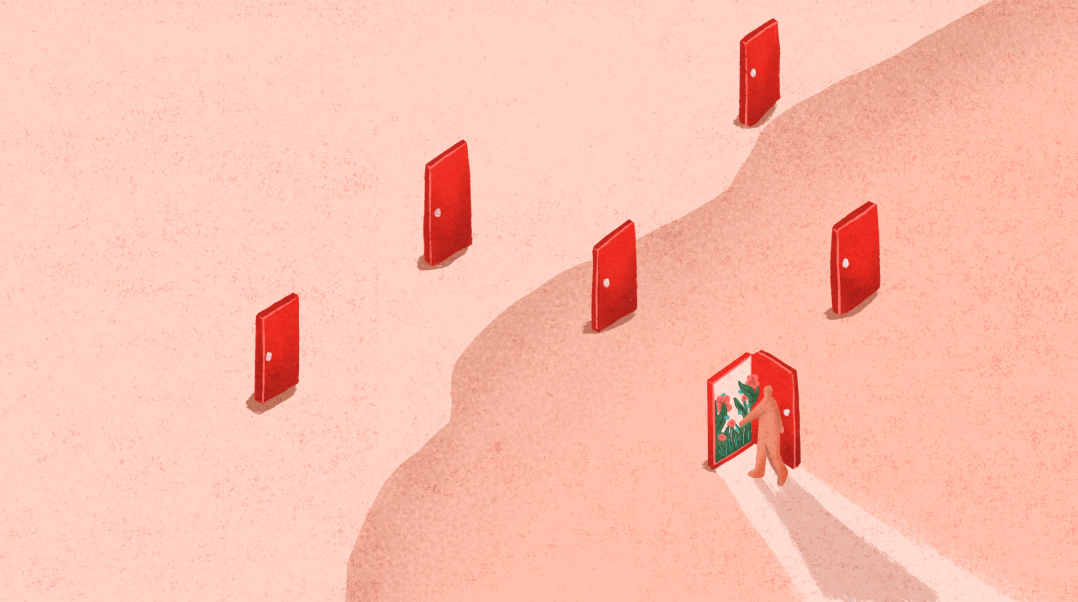The SAGE Awards are presented to the top three graduating students from the Bachelor of Arts (Sociology) programme. The awards are made possible by SAGE Publications Asia-Pacific Pte Ltd, which publishes impactful research and enables robust research methodology. SAGE is driven by the belief that the social and behavioural sciences have the power to improve society.
Openness in the
Post-Pandemic
Landscape
A conversation on how the
social sciences can address
today’s pressing issues

Dear Jeremy,
The world you are entering as you begin your career will be reshaped by the pandemic, but your knowledge and skills from studying sociology will remain more relevant than ever.
We believe that COVID-19 is not a problem that the medical sciences alone can solve. Skills from the social sciences are really needed to understand who are not getting access to vaccines, why some people are hesitant about them, and how we can communicate assurance.
Working across disciplines, the social sciences can also tackle the larger problems: the disproportionate impact of the disease on communities of colour and the poor; the impact of lockdowns on mental health; and distinguishing between accurate and misleading information.
In the post-pandemic landscape, we will need to open our minds even more, listen to diverse voices and collaborate widely. As Ziyad Marar, SAGE’s President of Global Publishing, notes:
The challenges we face in modern society, from responding to climate change through to anti-microbial resistance via so many issues to do with economic, social, political, and cultural wellbeing, do not come in disciplinary packages. They are complex and require an integrated response drawing on different levels of enquiry.
Dear Ms da Garcia,
I am encouraged by your letter about how social sciences graduates have an even more crucial role to play in the post-pandemic world.
An equitable society, in particular, is an interest for many young sociology graduates like me. It is where I hope to contribute. While there is no perfect solution to such a complex issue, I believe that informed, individual action can play a part.
I agree that a sense of openness is important in the social sciences. It is what I enjoyed in my sociology course. I experienced a safe setting, where we could openly explore and bridge the knowledge gap between each other and engage in constructive, non-judgmental conversations on society.
So, I would say that one of the most important skills I gained from studying sociology is the ability to understand issues from multiple perspectives and think critically about them. I hope it delights you to know that this has helped me to approach problems with a much more open mind!
Knowledge Sharing
Continues to Evolve
Ms da Garcia shares three ways that SAGE is meeting the changing needs of social scientists and learners the world over.
Online Learning: Anytime, Anywhere
“There is an increasing demand from students to acquire research skills and learn methods via online courses – especially with the COVID-19 situation. SAGE Campus is where we offer such courses through a structured online learning experience, which can also complement hybrid classes.”
E-textbooks: Right in Your Pocket
“We also saw a demand for e-textbooks, so we developed SAGE Catalyst. It will include about 550 of the top behavioural and social science textbooks published by us, making essential content more accessible than ever.”
Big Data: Making Sense of It All
“Today, we live with a vast amount of data. Researchers have reached out to us to assist them in overcoming the challenges they face in working around big data and complex datasets. In response, we launched SAGE Ocean, where we run big data courses and camps. The hope is to enable social scientists to work more effectively with big data and technology.”
- Ms da Garcia


